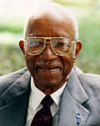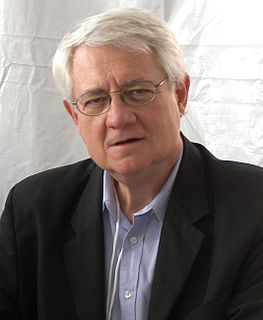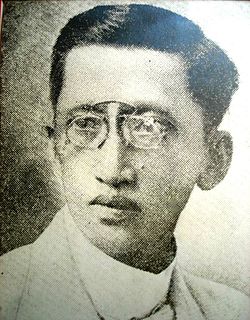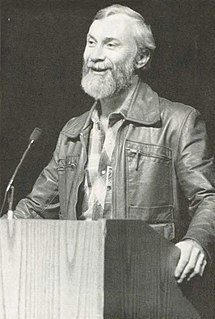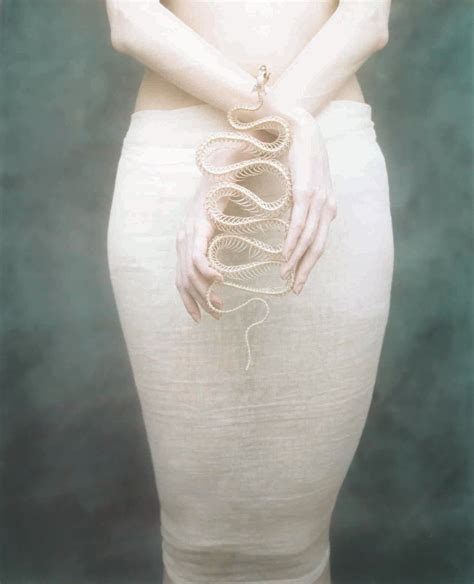A Quote by John Hope Franklin
The writing of history reflects the interests, predilections, and even prejudices of a given generation.
Quote Topics
Related Quotes
We can imagine the books we'd like to read, even if they have not yet been written, and we can imagine libraries full of books we would like to possess, even if they are well beyond our reacher, because we enjoy dreaming up a library that reflects every one of our interests and every one of our foibles--a library that, in its variety and complexity, fully reflects the reader we are.
Today’s events are tomorrow’s history, yet events seen by the naked eye lack the depth and breadth of human struggles, triumphs and suffering. Writing history is writing the soul of the past… so that the present generation may learn from past mistakes, be inspired by their ancestor’s sacrifices, and take responsibility for the future.
The vested interests-if we explain the situation by their influence-can only get the public to act as they wish by manipulating public opinion, by playing either upon the public's indifference, confusions, prejudices, pugnacities or fears. And the only way in which the power of the interests can be undermined and their maneuvers defeated is by bringing home to the public the danger of its indifference, the absurdity of its prejudices, or the hollowness of its fears; by showing that it is indifferent to danger where real danger exists; frightened by dangers which are nonexistent.
I fully agree with you about the significance and educational value of as well as history and philosophy of science. So many people today - and even professional - seem to me like someone who has seen thousands of trees but has never seen a forest. A knowledge of the historic and philosophical background gives that kind of independence from prejudices of his generation from which most scientists are suffering. This independence created by philosophical insight is - in my opinion - the mark of distinction between a mere artisan or specialist and a real seeker after truth.
If one is going to offer children stories that underneath the story must be something that will inform, stimulate and guide, I love to be on board. I think anything that resonates with history, as does The Jungle Book and Watership Down, reflects patterns of behavior, power struggles, deprivation, migration, survival, joy, love, betrayal, and all of these things. It's tragic that children are encouraged to ignore history. We ignore history and any literature that is historically based in history. Even though both of those films involved animals, of course they reflect human behavior.
